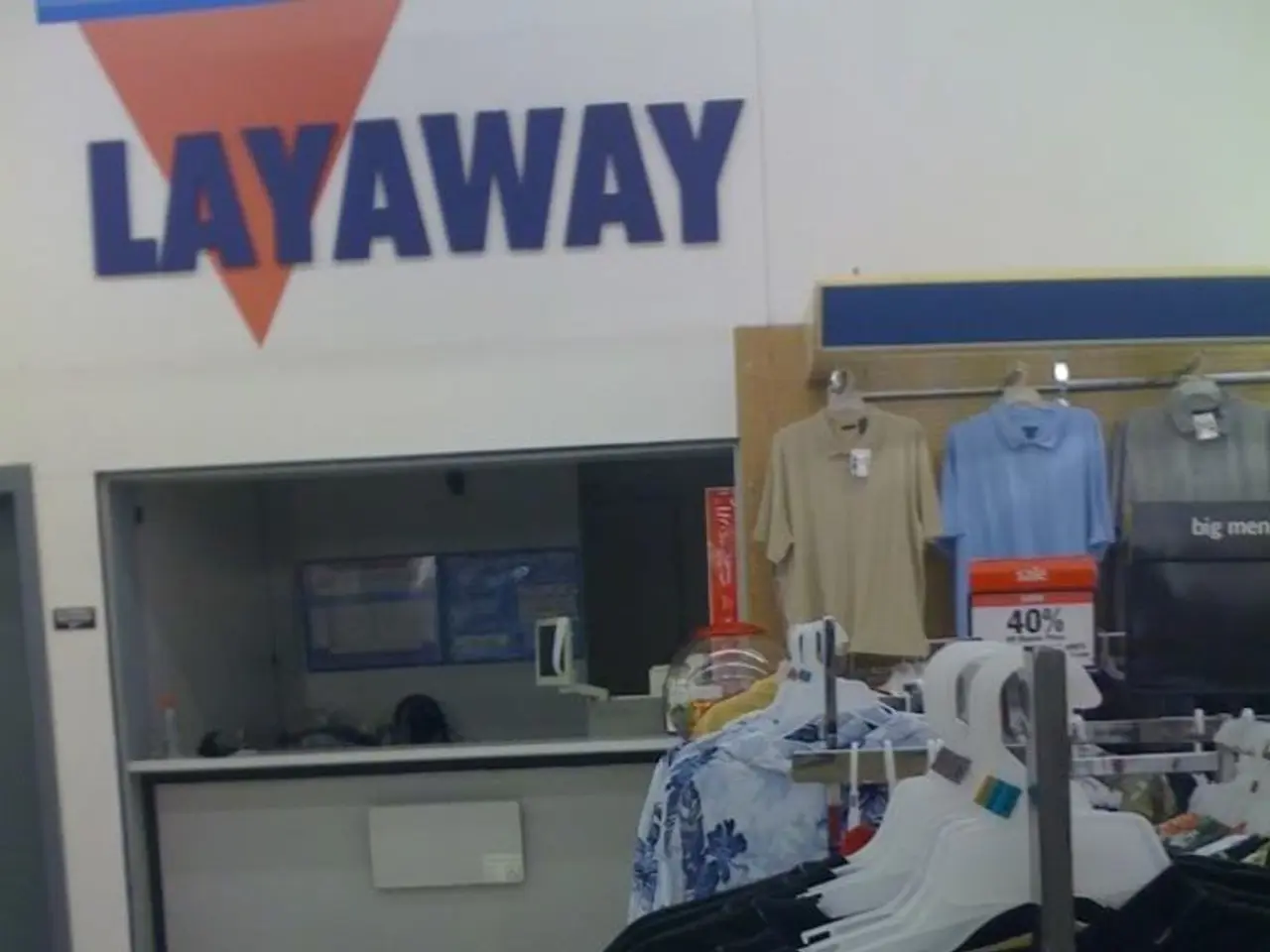The Misconception of Equating Data Economy with Barter Economy: A Clarification
In the digital age, the exchange of personal data for online services has become a common practice. However, a recent analogy by Gillian Tett compares this activity to a barter economy, a comparison that, upon closer inspection, reveals some significant flaws.
According to Tett, companies cannot provide goods or services without earning income, which can come from direct payments or indirect payments from advertisers and sponsors. This income, in turn, supports the provision of free online services. Yet, consumers do not pay for these services with money but rather with their data. Tett argues that this activity "goes entirely uncounted in these statistics that the economists collect."
However, the exchange of personal data for digital services is not a straightforward, consensual exchange akin to a traditional barter system. Unlike barter, the exchange of personal data is mediated by complex institutions, involving issues of trust, power asymmetries, and often lack of clear consent or equivalence in value.
In a barter economy, goods are traded non-simultaneously, but data can be collected, shared, and used by multiple companies simultaneously, making it non-rivalrous. This non-rivalrous nature and the mutual benefits for companies and consumers make the data economy fundamentally different from a barter economy.
Moreover, personal data is collected continuously and involuntarily in many cases, which differs fundamentally from the explicit exchange characterizing barter economies. Tech companies often exploit this opacity, giving consumers a raw deal.
Enacting laws and regulations based on the misconception of the data economy as a barter economy would harm the digital economy and make the lives of digital consumers worse. The alternative to companies using consumer data to monetize services with online ads is subscription models, which would hurt low- and middle-income individuals.
Online services turn user data into economic value by functioning as two-sided markets that connect consumers and advertisers. Users get access to a free service, and advertisers get access to an audience for its ads. People are willing to pay significant amounts to continue using free services like search engines, email, and digital maps, suggesting that the perceived value of these services exceeds the cost of data exchange.
It's essential to approach data-related issues with the right conceptual framework to ensure effective framing and legislation. Comparing data to physical commodities like oil, gold, and bacon may seem appealing, but these analogies are flawed. The data economy is unique, and understanding its complexities is crucial for shaping policies that benefit both consumers and businesses in the digital age.
- In the digital economy, businesses provide online services in exchange for consumer data, which is often overlooked in economic statistics.
- The exchange of data for digital services is not a simple, consensual barter system due to factors such as trust, power imbalances, and the lack of clear consent or equivalence in value.
- In contrast to barter, data can be shared and used simultaneously by multiple companies, making it non-rivalrous, and fundamentally differentiates the data economy from a traditional barter system.
- Misconceptions about the data economy as a barter system could harm the digital economy and negatively impact digital consumers, as an alternative to using consumer data for monetization would likely shift to subscription models, disproportionately affecting low- and middle-income individuals.
- Online services convert user data into economic value by operating as two-sided markets, connecting consumers and advertisers, with both parties finding mutual benefits.
- To craft effective policies and legislation for the data economy, it's crucial to employ the appropriate conceptual framework, as comparing data to physical commodities can create misleading analogies and overlook the data economy's complexity.




